 The following opportunities have been announced. Please follow the links for more information:
The following opportunities have been announced. Please follow the links for more information:
- The AHRC research centre, CMPCP, invites applications for the fifth phase of their Visiting Fellowships, which are available on a competitive basis to musicologists, musicians and those working in cognate fields from the UK and overseas. Award maximum £4,500. Closing date: 02/12/13
- The BBSRC Responsive Mode scheme invites applications for investigator-led research. Maximum award £2,000,000. Closing date: 08/01/14
- Are you working with a company? Then investigate the BBSRC LINK scheme, which supports collaborative research with at least one company and one science-based partner (projects with SMEs are particularly favoured). Grant not specified. Closing date: 08/01/14
- The BBSRC are also offering Industrial Partnership Awards which are science-led, responsive mode grants where an industrial partner contributes in cash at least 10% of the full economic cost of the project. Grant not specified. Closing date: 08/01/14
- The BBSRC’s New Investigator Scheme assists early-career researchers – newly employed university lecturers, lecturer level equivalent fellows whose awards were secured in open competition, and researchers in Research Council Institutes at the unified Research Council Band E or its equivalent – to secure their first major element of research funding. Award not specified. Closing date: 08/01/14
- The BBSRC Activating Impact competition has been developed to acknowledge, raise awareness of and celebrate the activities of successful Knowledge Exchange and Commercialisation (KEC) teams or individuals that make an essential contribution to delivering impact from excellent bioscience research and capabilities supported by the BBSRC. Maximum award £100,000. Closing date: 06/11/13
- The British Academy’s 2014 International Partnership and Mobility Scheme is open. Grants are offered up to a maximum of £10,000 per year for a period of one year or three years. Closing date: 05/02/14
- The EPSRC invite you to share your photos to support excellence and promote the benefits of outstanding UK Engineering and Physical Sciences. Award: photographic equipment. Closing date: 16/12/13
- The UK Engineering and Physical Sciences Research Council (EPSRC) and the Indian Department of Science and Technology (DST) are jointly funding a programme of workshops in applied mathematics organised by the ICMS. Award not specified. No closing date.
- ERA-Net ANIHWA invites applications under its Transnational Call for research proposals. This aims to increase cooperation and coordination of national research programmes on animal health and welfare of farm animals, including fish and bees. Grant not specified. Closing date: 19/12/13
- The ESRC invites expressions of interest from eligible individuals for an intensive, five-day interactive commissioning workshop (sandpit) from 6-10 January 2014, being held at Cranage Hall in Cheshire concerning Empathy and Trust In Communicating Online (EMoTICON). The closing date for expressions of interest is 11:00 on 11/11/13
- Do you have a new and innovative idea that could help drive forward the future of social science research? Then, why not apply to the ESRC’s UK Data Service Innovation Fund 2013/14. Up to £150,000 is available. Closing date: 31/10/13
- Phase 2 of the Secondary Data Analysis Initiative (SDAI), supported by the ESRC, is now open for applications. Award not specified. Closing date: 26/11/13
- The ESRC in collaboration with the British Army and the Ministry of Defence (MOD) is seeking to commission innovative research projects to help inform some of the pressing issues facing the Armed Forces in the process of integrating Regular and Reserve components into a ‘Whole Force’ structure. Proposals for this call are invited. Award maximum £240,000. Closing date: 14/11/13
- The Leverhulm Trust invites applications for their Study Abroad Studentships. These support an extended period of advanced study or research at a centre of learning in any overseas country, with the exception of the USA. Award not specified. Closing date: 13/01/14
- The Leverhulm Trust’s Research Fellowships are open to experienced researchers, particularly those who are or have been prevented by routine duties from completing a programme of original research. Award maximum £45,000. Closing date: 07/11/13
- International Academic Fellowships, from The Leverhulm Trust, provide established researchers with a concentrated period based in one or more research centres outside the UK. Award maximum £30,000. Closing date: 07/11/13
- Invitations are also invited for The Leverhulm Trust’s Emeritus Fellowships. These assist senior established researchers to complete a research project and to prepare the results for publication. Maximum award £22,000. Closing date: 06/02/14
- NERC are supporting Business, Policy and third sector internships in the Marine Renewable Energy sector. Award maximum not specified. Closing date: 28/11/13
- Proposals are invited by NERC for submission to the RAPID-AMOC research programme, which builds upon the previous RAPID-WATCH and RAPID programmes and which will extend the delivery of the Atlantic Meridional Overturning Circulation (AMOC) time series until 2020. Grant not specified. Closing date: 20/02/14
- The Royal Society invites applications for the Brian Mercer Feasibility Award. The scheme provides initial support of up to £30,000 to test the feasibility of a project, enabling applicants to investigate the technical and economic feasibility of commercialising an aspect of their scientific research, possibly in conjunction with a third party. Award maximum £30,000. No closing date
- The TSB are inviting applications for feasibility studies demonstrating innovation in the transportation sector, through their Integrated transport – In-field solutions call. Maximum award is not specified. Closing date for registration is 20/11/13, submitting by 27/11/13
- The TSB is investing up to £3.5m in business-led projects to develop innovative tools and services for the UK synthetic biology industry. Award not specified. The call opens on 18/11/13, registration closes on 08/01/14 and the deadline for applications is 15/01/14
- Through the Towards zero prototyping call, the TSB and the Engineering and Physical Sciences Research Council (EPSRC) are supporting collaborative R&D to develop novel modelling and techniques to reduce the need for physical prototypes. Award not specified. Register by 27/11/13 and submit by 04/12/13
- The TSB are inviting applications to their Cross-platform production in digital media – Feasibility study. Maximum grant £120,000. Register by 06/11/13 and submit by 13/11/13
- The TSB is investing up to £5m for collaborative research and development to preserve the value of products and/or materials at end-of-life and to extend their use under the call Supply chain innovation towards a circular economy. Maximum award £1,000,000. Register by 11/12/13 and submit by 18/12/1s
- Through the Assistive Technology Scheme, the TBS is investing up to £1m for two competitions to improve independence and access for learners with disabilities or learning difficulties. Award not specified. Closing date: 04/11/13
- Investment of up to £4m in collaborative R&D to stimulate innovation in the field of energy management for existing buildings is being made by the TSB. Grant not specified. Register by 20/11/13 and submit by 27/11/13
- The Wellcome Trust invites applications to their Translation Fund which bridge the funding gap in the commercialisation of new technologies in the biomedical area. Award not specified. Closing date: 04/11/13
- Biomedical resource and technology development grants are available from The Wellcome Trust. Award not specified. Closing date: 02/12/13
- The Wellcome Trust is providing equipment grants. These are intended to provide support for multi-user items of equipment, including equipment required to create a central resource for a number of disparate scientific programmes. Award maximum £1m. Closing date: 02/12/13
- Capital Funding for Public Engagement and Medical History is available. This Wellcome Trust scheme provides capital funding (normally above £200 000) for large-scale projects that support public engagement and/or medical history. Award maximum not specified. Closing date: 23/05/14
- Now in their third year, Wellcome Trust Engagement Fellowships aim to support and develop upcoming stars in public engagement with science. Award not specified. Closing date: 21/02/14
Please note that some funders specify a time for submission as well as a date. Please confirm this with your RKE Support Officer.
You can set up your own personalised alerts on ResearchProfessional. If you need help setting these up, just ask your School’s RKE Officer in RKE Operations or see the recent post on this topic


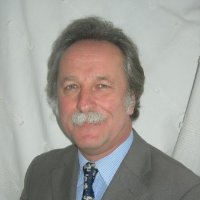
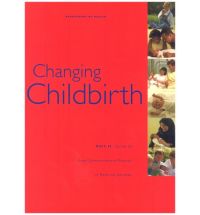 maternity report. The session, funded by the Wellcome Trust, was held at the Royal College of Obstetricians and Gynaecologists in London – an appropriate place given the balance of power at the time of the report. BU Professors Vanora Hundley and Edwin van Teijlingen were invited to attend as part of the selected audience at the session.
maternity report. The session, funded by the Wellcome Trust, was held at the Royal College of Obstetricians and Gynaecologists in London – an appropriate place given the balance of power at the time of the report. BU Professors Vanora Hundley and Edwin van Teijlingen were invited to attend as part of the selected audience at the session.




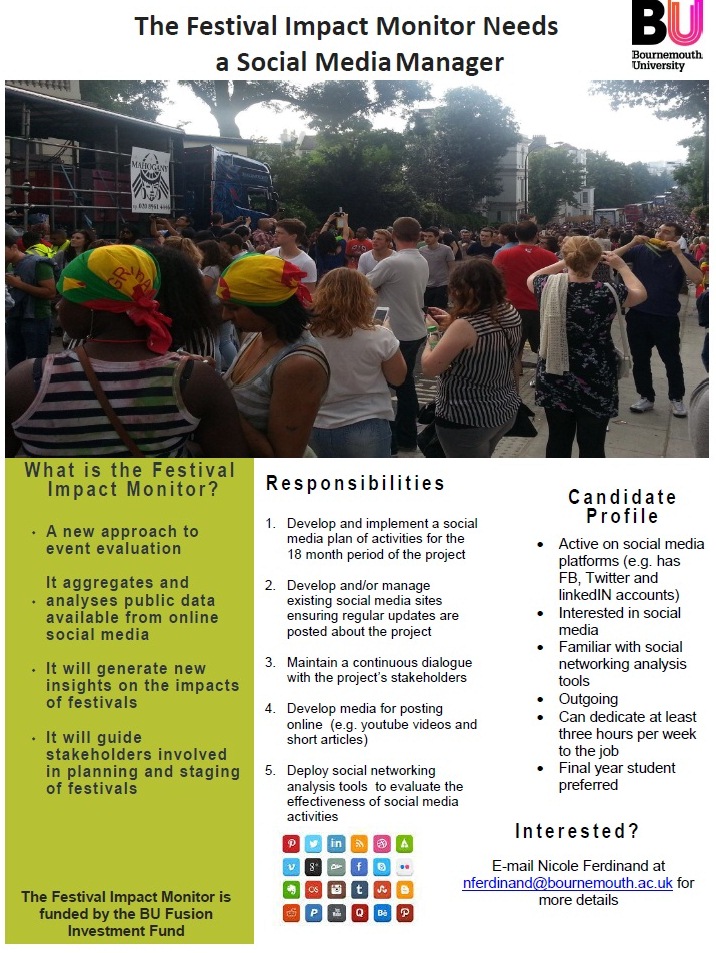




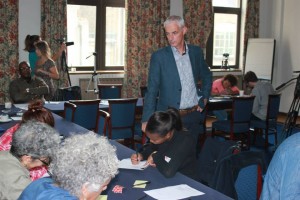


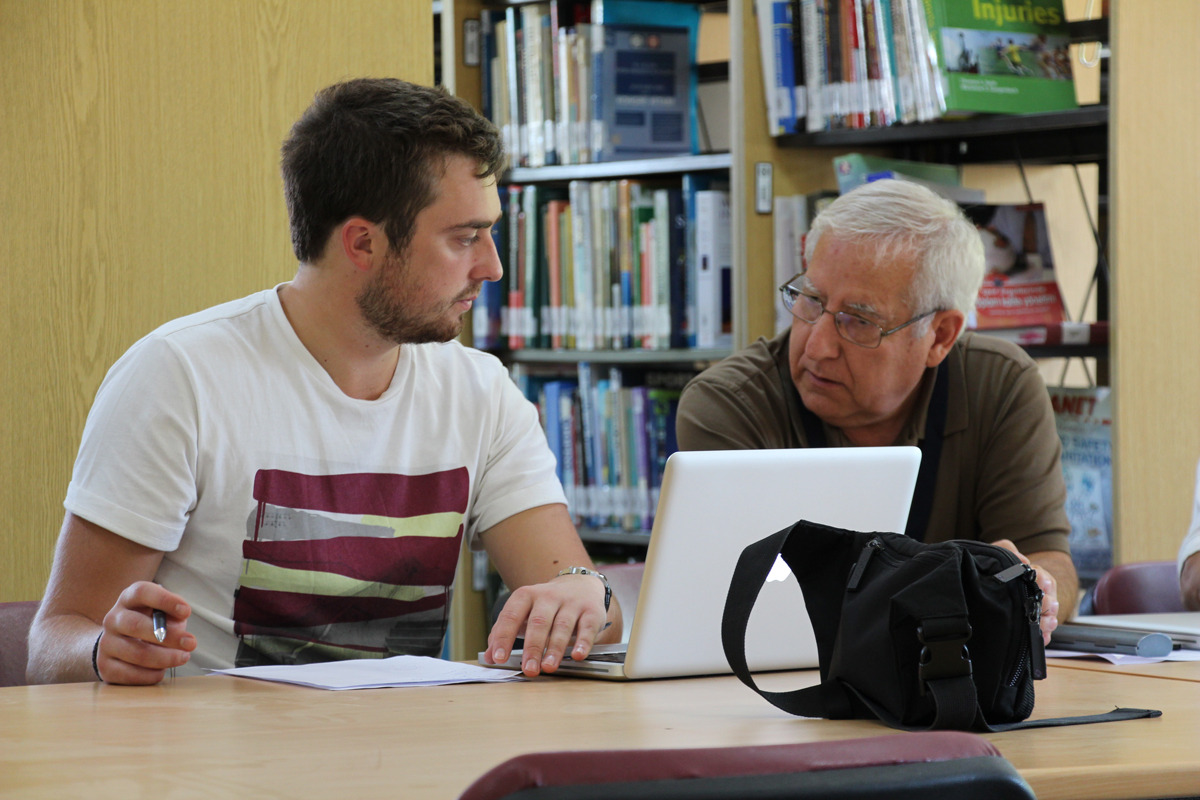
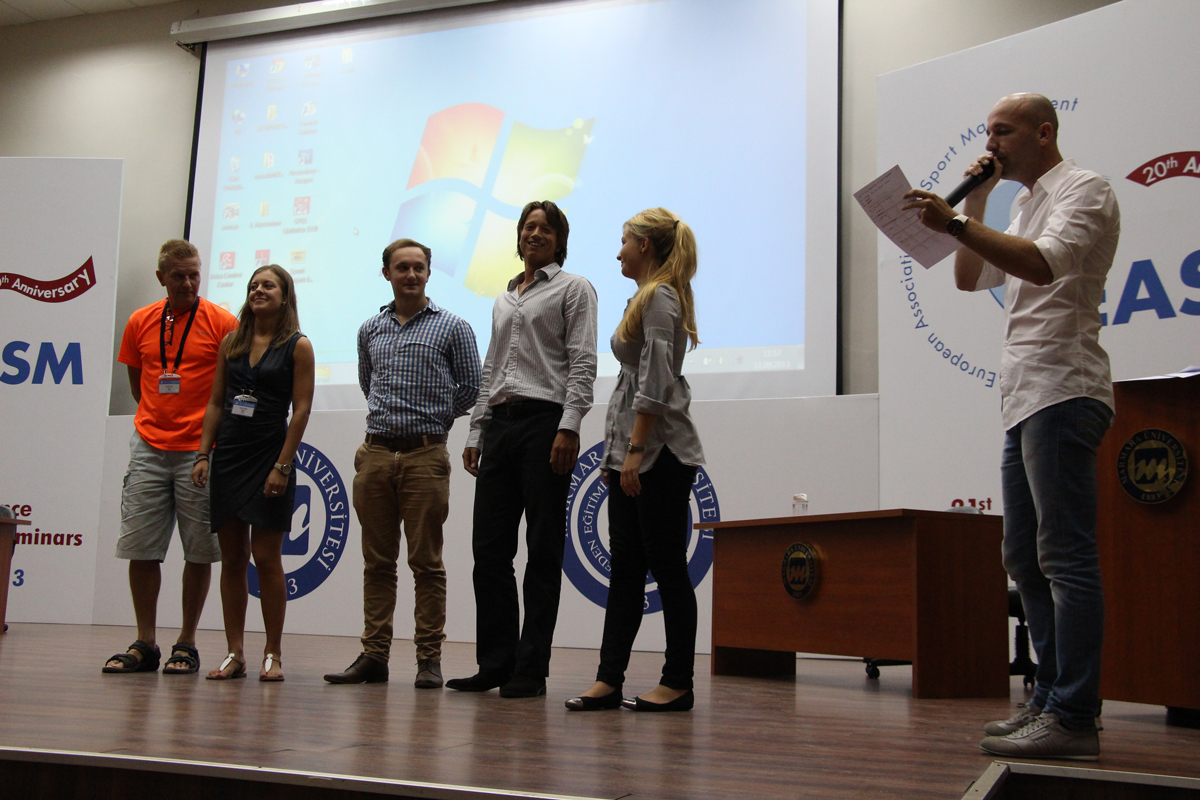
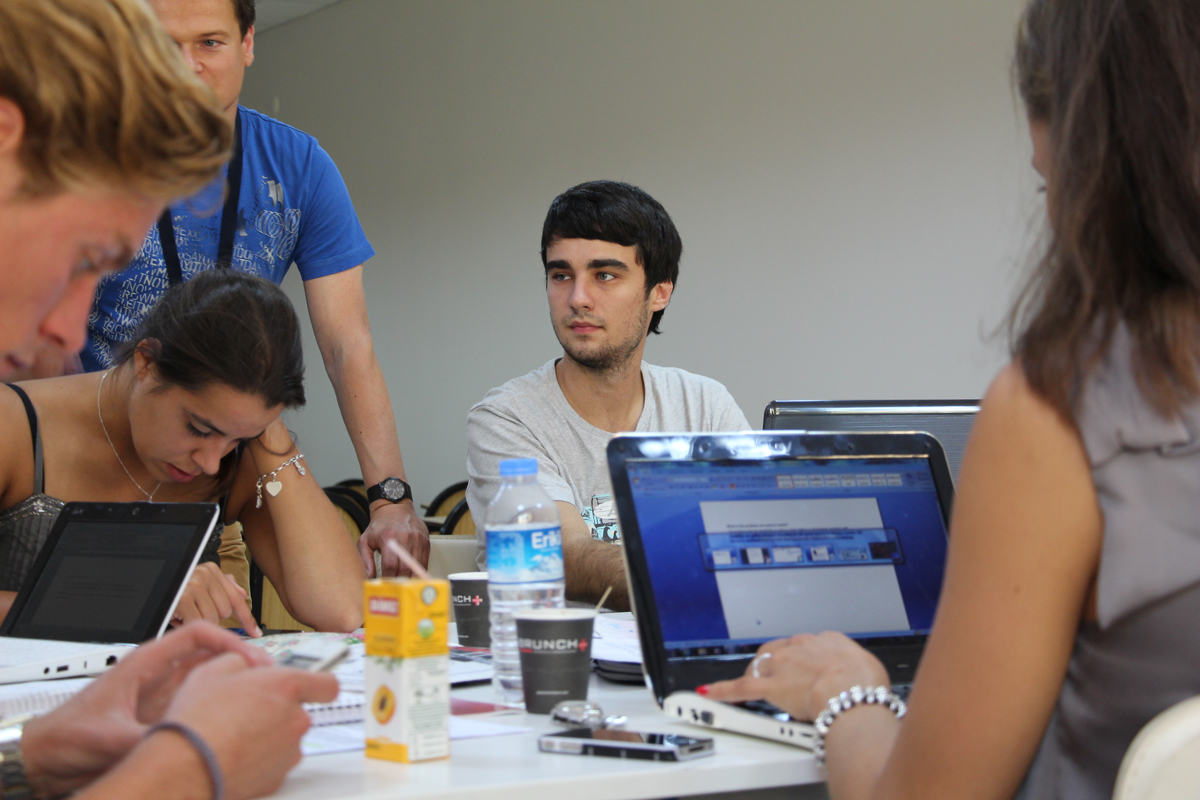
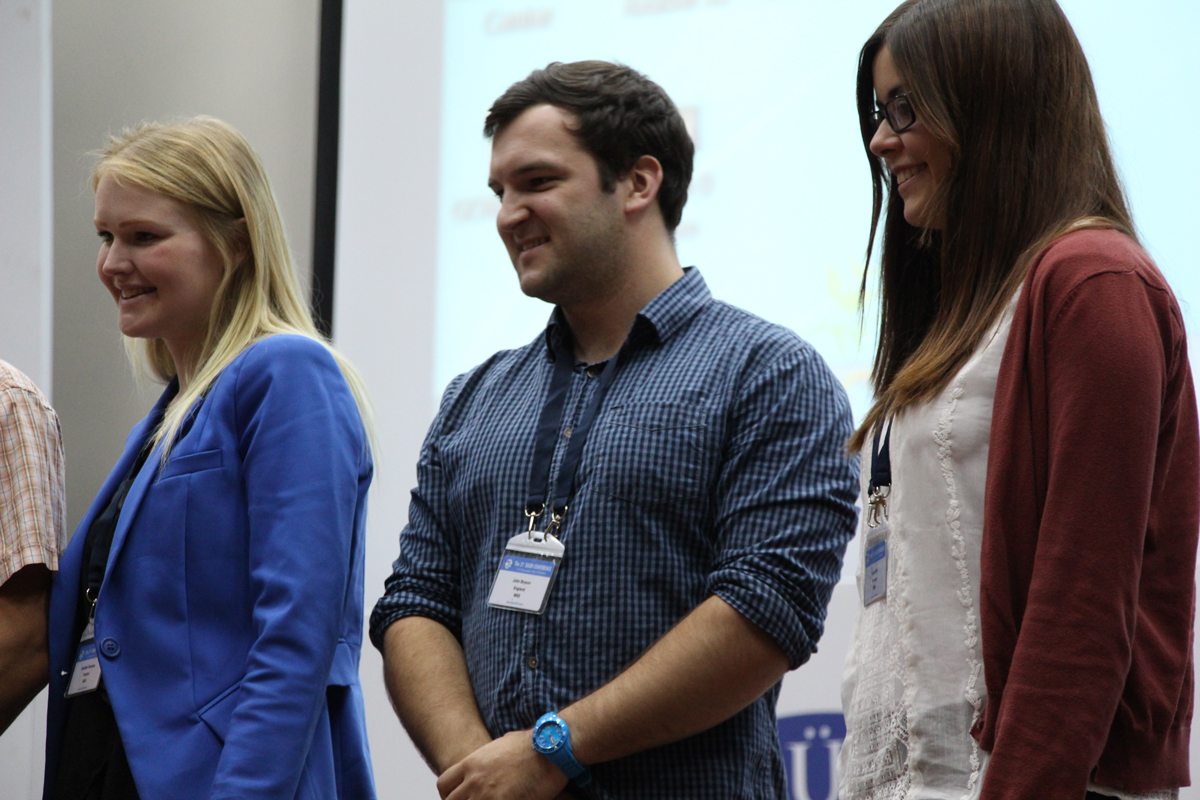
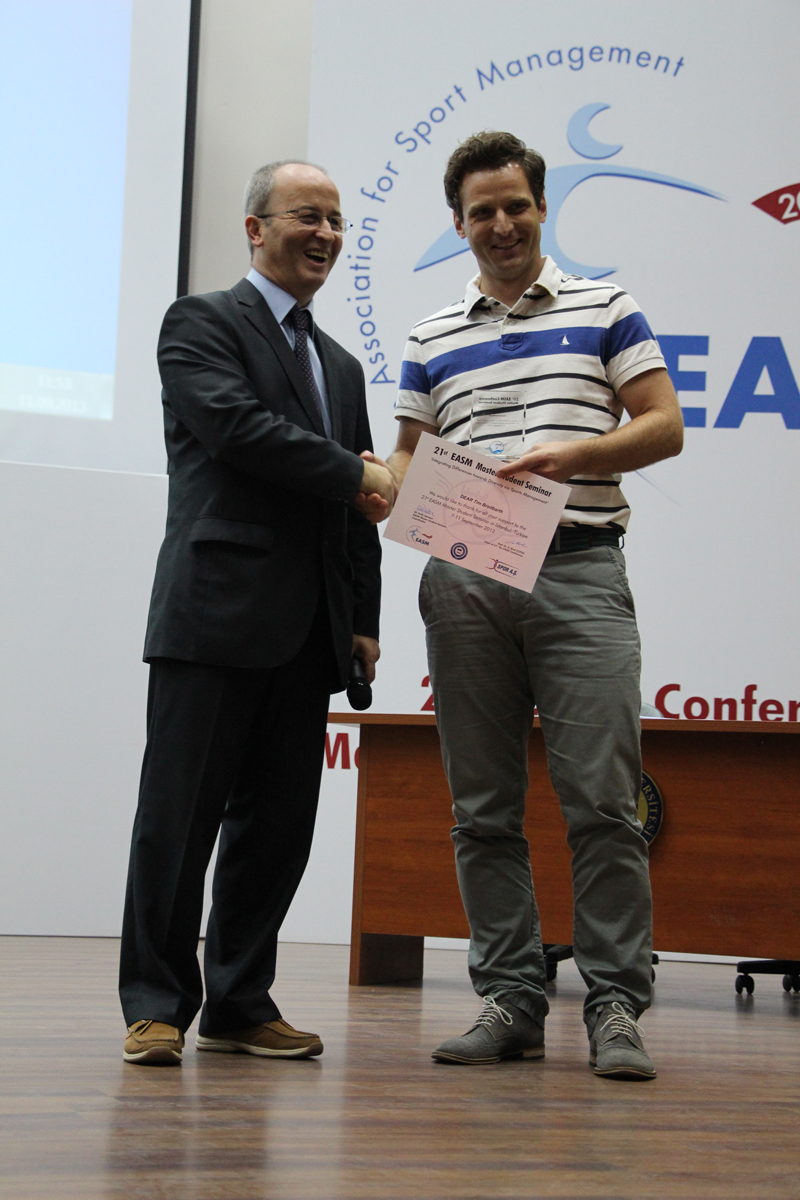
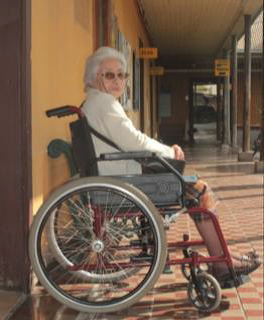















 BU Professor has been invited to a series of plenary and invited lectures.
BU Professor has been invited to a series of plenary and invited lectures. Research reaching non-academic audiences
Research reaching non-academic audiences April’s Café Scientifique – Should we help machines understand and respond to our emotions?
April’s Café Scientifique – Should we help machines understand and respond to our emotions? Postgraduate Research Experience Survey (PRES) 2024 – 2 WEEKS LEFT
Postgraduate Research Experience Survey (PRES) 2024 – 2 WEEKS LEFT Working with The Conversation: online training session – Wednesday 8th May
Working with The Conversation: online training session – Wednesday 8th May Apply for up to £1,000 to deliver an event and take part in a national festival of public engagement with research
Apply for up to £1,000 to deliver an event and take part in a national festival of public engagement with research MSCA Postdoctoral Fellowships 2024
MSCA Postdoctoral Fellowships 2024 Horizon Europe News – December 2023
Horizon Europe News – December 2023